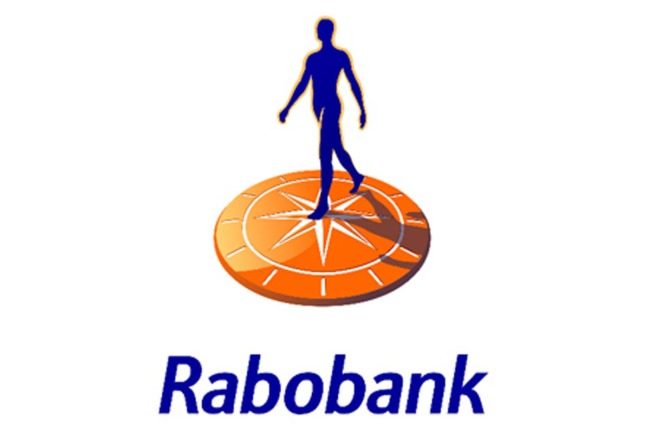UTRECHT, NETHERLANDS – Beef supply chains account for about 6% of global greenhouse gas (GHG) emissions, but in a new report, Rabobank makes the case that food and agriculture companies can lead the way to reducing emissions by more than 30% by 2030.
Leadership is needed to unlock opportunities presented by new and emerging technologies and management practices such as covering feed production, cattle breeding, cattle feeding, and soil and pasture management, according to the report written by Eva Gocsik, analyst – Animal Protein for Rabobank. Additionally, food and agriculture businesses in major markets — Europe, North America, Brazil, Argentina, and Oceania — that harness these technologies can transfer best practices to less efficient beef supply chains.
“If action can be accelerated through technology developments or clearer incentives, we believe emissions could be reduced by about 40% by 2030 in these major markets,” Gocsik said. “We think that actions to reduce emissions in major markets will also have spillover benefits in other beef markets, leading to reductions of about 5%.”
Major food and agribusiness companies are already leading the way to reducing supply chain GHG emissions in beef and other animal proteins. Gocsik said company commitments to lower GHG emissions are likely to be more effective drivers of action to lower GHG emissions in beef supply chains than government regulations which can often lead to measurement and reporting problems.
“To remain the driving force, market-based approaches will need to demonstrate progress, otherwise, they will be replaced by regulation,” she said.
“There is also a need for explicit recognition and reward for emissions reduction,” Gocsik added. “This should not be seen solely in terms of higher prices — other benefits of reducing emissions will include productivity gains, improved risk management, access to new markets, and enhanced brand and reputation.”


